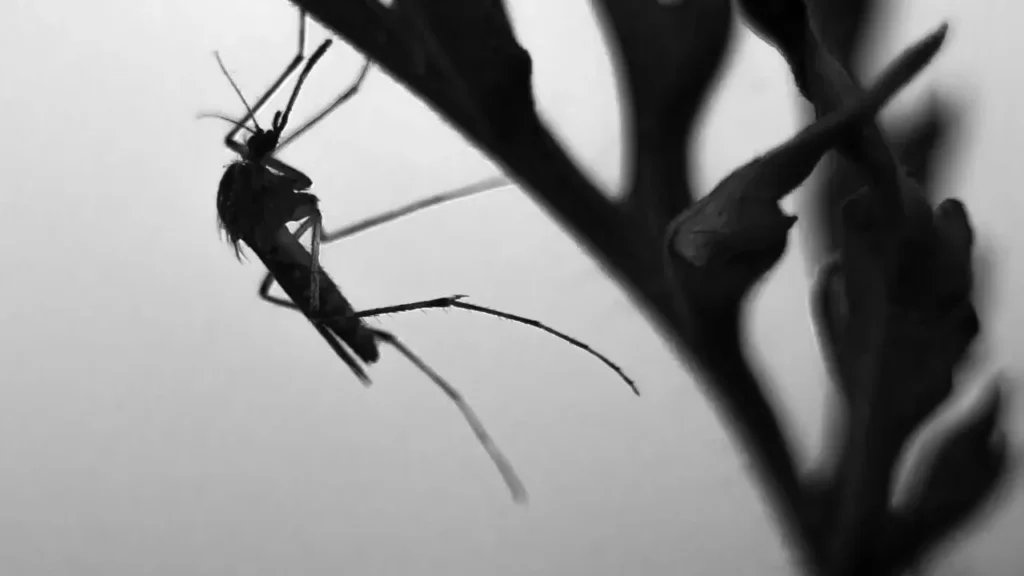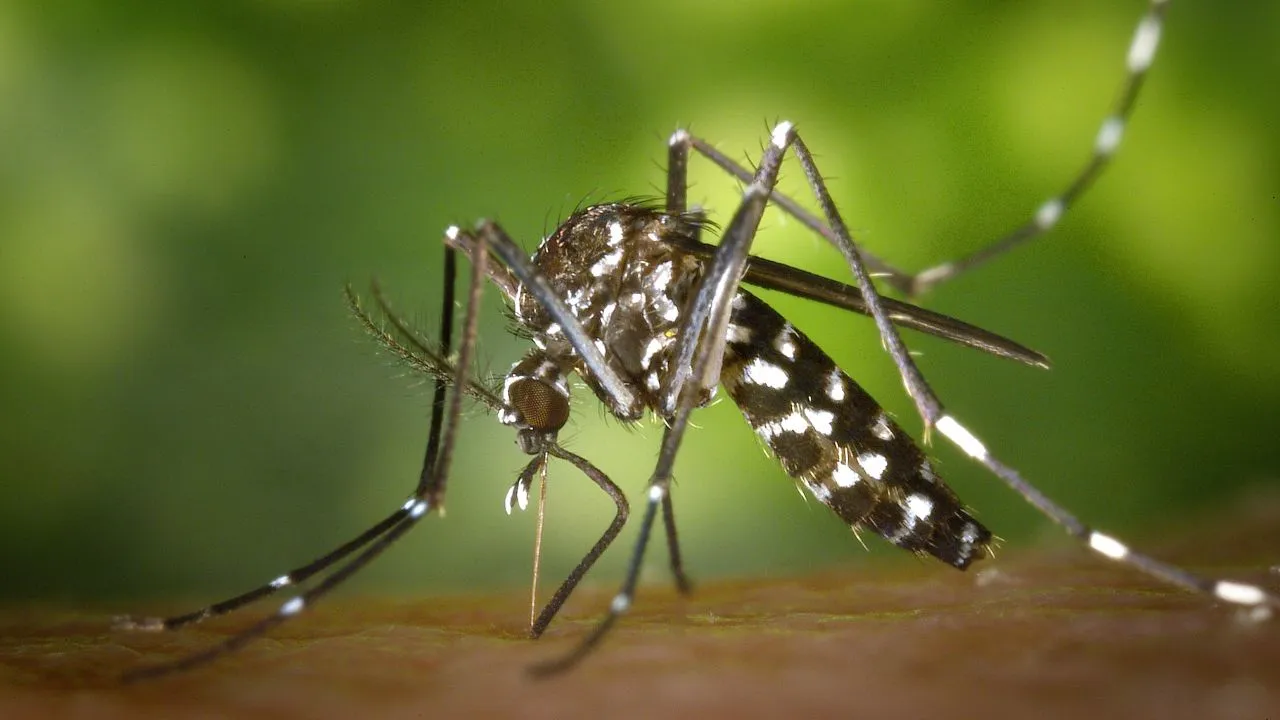Mosquito season has come earlier than expected this year, and the little insects — testing positive for West Nile virus (WNV) and Eastern equine encephalitis virus (EEE) — are already plaguing much of the U.S.
Worst Season on Record
“I can confidently say that this has been one of the worst mosquito seasons so far on record,” said Brendan Earl, a supervising sanitarian in West Michigan, to WXMI.
States with Infected Mosquitoes
Preliminary testing has detected mosquitoes infected with WNV and EEE in multiple states. Officials in Massachusetts have urged residents to seek protective measures after mosquitoes tested positive for these viruses. Other states with recent WNV activity include:
- Arizona
- Arkansas
- California
- Colorado
- Connecticut
- Florida
- Georgia
- Illinois
- Louisiana
- Maryland
- Michigan
- Minnesota
- Mississippi
- Nebraska
- Nevada
- New Jersey
- New York
- Ohio
- Oklahoma
- Texas
- Virginia
- Varieties of Mosquitoes
The U.S. hosts over 200 mosquito variations, but only about 12 can make humans sick, according to the CDC. The remaining types are nuisance mosquitoes, which bother people but don’t spread germs. - The Danger of Mosquito Bites
It’s impossible to tell if a mosquito is spreading germs when it bites. Therefore, CDC officials urge Americans to protect themselves as best they can from mosquito bites.
Mosquitoes that Spread Germs
More than 700,000 people die worldwide from diseases transmitted by mosquitoes each year, according to the CDC. Among the mosquitoes that can spread viruses, the most common are:
- Aedes species mosquitoes
- Culex species mosquitoes
- Anopheles species mosquitoes
These mosquitoes can transfer West Nile and other mosquito-borne diseases, including:
- Cache Valley
- Eastern equine encephalitis (EEE)
- Jamestown Canyon
- La Crosse encephalitis
- St. Louis encephalitis
Diseases like dengue, chikungunya, and Zika have also caused outbreaks in some U.S. states and territories.
What is West Nile Virus?
West Nile Virus (WNV) is the most common and the leading cause of mosquito-borne illness in the U.S. It is most commonly spread through an infected mosquito’s bite. Symptoms of WNV can include:
- Fever
- Headache
- Body aches
- Vomiting
- Diarrhea
- Rash
What is Eastern Equine Encephalitis?
Eastern Equine Encephalitis (EEE) is less common but serious, with a 30% death rate if contracted. EEE symptoms are similar to WNV but can also include:
- Seizures
- Behavioral changes
- Drowsiness
How Viruses Spread?

WNV is circulated in the environment by mosquitoes and birds. People get infected after a mosquito feeds on an infected bird and then bites a person. Humans cannot spread the virus to other mosquitoes because there aren’t high enough levels of the disease in the bloodstream. However, WNV can be passed to other humans through blood transfusions, organ transplants, or during pregnancy.
Why Are They Spreading?
Mosquito season peaks during the hot summer months, but this year the population has increased faster due to higher temperatures and record rainfall, creating breeding grounds from standing water.
What Should Americans Do to Stay Safe?
Reduce Mosquito Populations
- Empty containers that can hold water, including old tires, gutters, puddles in tarps, and kiddie pools.
- Business owners should clear gutters, keep parking lots litter-free, and ensure lids are closed on dumpsters and trashcans.
Protect Yourself
- Use an EPA-approved mosquito repellent.
- Wear long sleeves and pants.
- Avoid wearing colors that attract mosquitoes like orange, red, cyan, and black. Instead, wear green, purple, blue, or white.
Mosquito-Proof Your Home
- Install and use screens on windows and doors.
- Use air conditioning.
- Eliminate water-holding containers in or near your home.
- Empty and scrub items like tires, buckets, toys, birdbaths, or trash containers weekly to prevent mosquito breeding.
Protecting Your Pets
Don’t forget about pets. Here are ways to keep animals safe:
- Flush and clean water bowls or troughs used to feed animals at least once a week.
- House farm animals inside barns or indoor stalls at night.
- Discuss with vets about approved, animal-safe insect repellent.
By taking these precautions, Americans can help reduce the mosquito population and protect themselves and their loved ones from mosquito-borne diseases.

